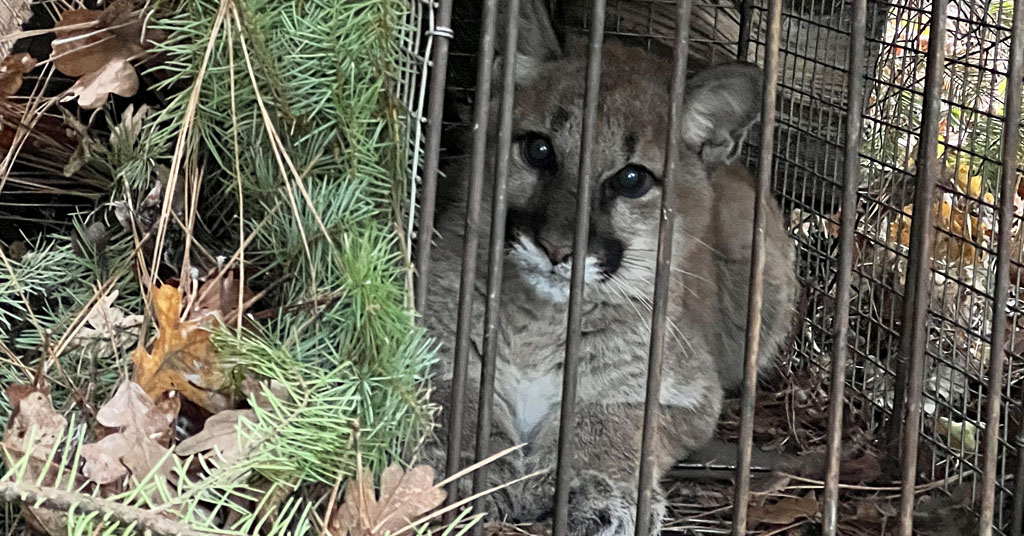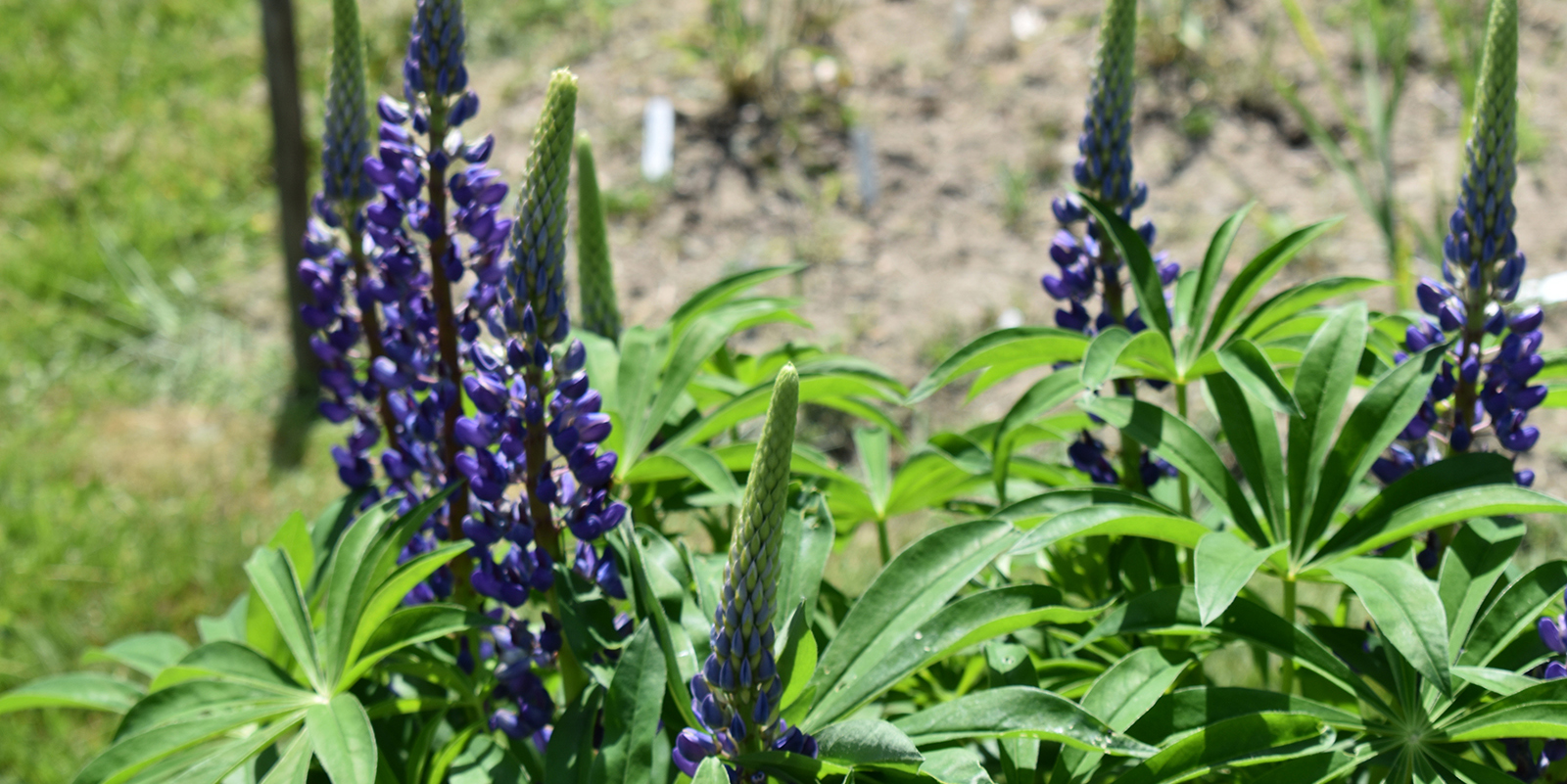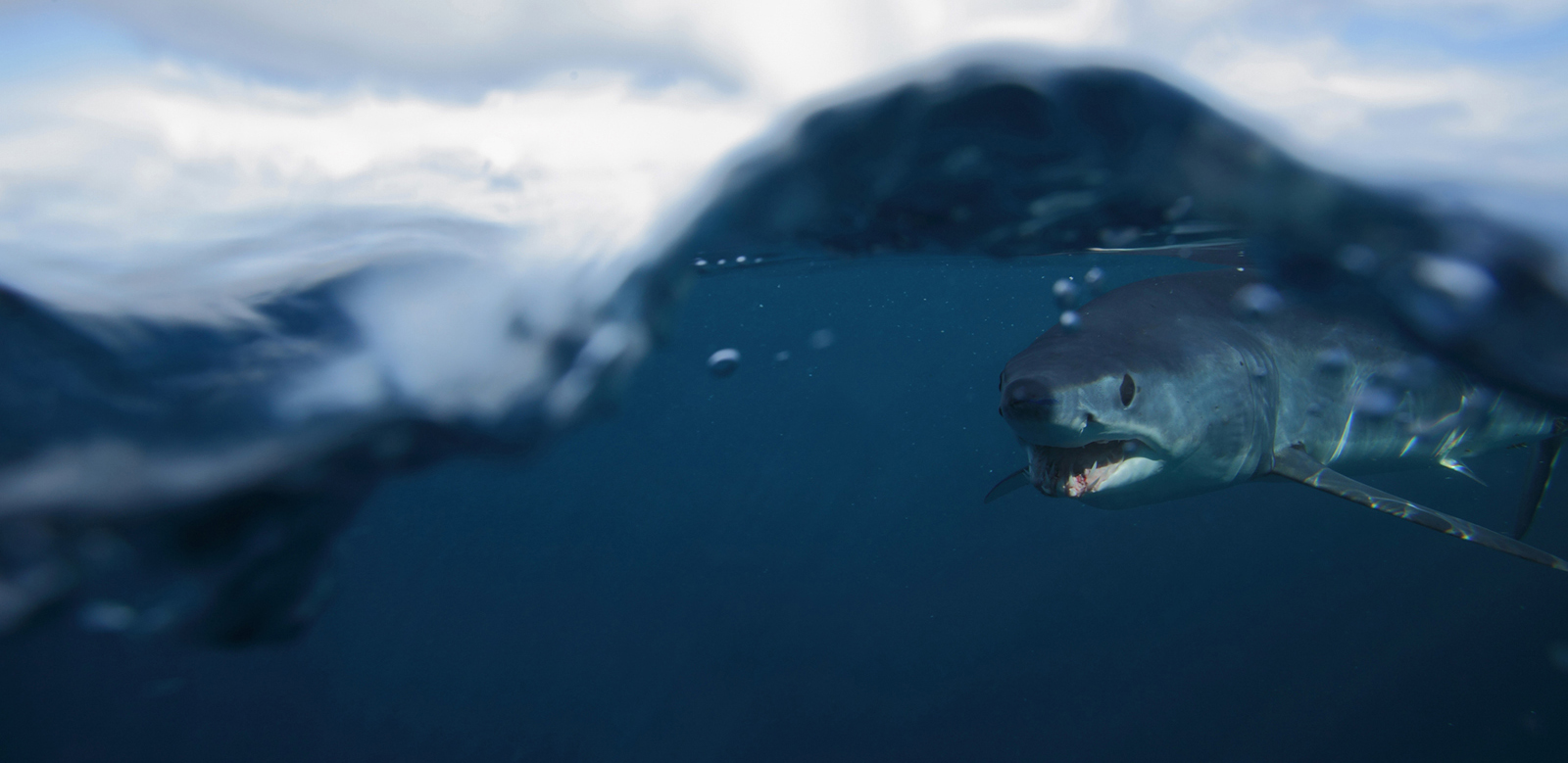Plant Society Volunteers Go Wild Potting for Plant Sale
May 12, 2016
Tysh McGrail describes her 28 acres in North Scituate, R.I., as Yankee swampland with numerous microclimates, a place where a variety of plants native to Rhode Island wetlands grow and thrive. Jack-in-the-pulpit, a long-lived perennial wildflower with a unique hooded shape, grows in abundance, as does the tall, spiked turtlehead, which provides late-season color.
Both species are in great demand among gardeners seeking to landscape with native plants. So every year, McGrail digs up a few dozen, puts them in pots and donates them to the Rhode Island Wild Plant Society’s annual native plant sale. This year’s sale is set for June 4 from 9 a.m.-1 p.m. at the University of Rhode Island’s East Farm in Kingston. About 3,000 plants and shrubs will be available.
“I’m just capitalizing on what is already an ideal environment for these plants and helping out the Wild Plant Society,” said McGrail, a landscape designer whose business, Woodscapes Inc., specializes in finding ways to incorporate native plants into residential landscapes.
One of her personal favorites in her yard is the pagoda dogwood, with branches that extend to the ground and which is difficult to find in nurseries. She said it’s “a handsome architectural understory tree with a lot of uses in small gardens. We had some on the property when we built our house, and they’ve been making beautiful babies.”
She donates many of those babies to the plant sale, too, along with tulip trees and other specimens.
But she’s not the only one. More than 30 Rhode Islanders donate native plants from their gardens to the sale each year, and a similar number grow plants from seed or propagate shrubs to benefit the society.
Dick Fisher, for instance, collects seeds every autumn from the bayberry, winterberry, beach plum and red twig dogwoods in his Little Compton yard to cultivate for the sale. He soaks the seeds in water and cleans them, then stores them in damp peat moss in his refrigerator for the winter before planting them in pots in March. It takes a year or two before they grow tall enough for the sale, so he always has large quantities of shrubs in various stages of growth.
“It’s our avocation; it’s fun; it’s part of what we do,” said Fisher, who expects to donate 75 shrubs to the Wild Plant Society sale this year. “It allows us to garden year-round. We never have to quit.”
According to Sandra Thompson, who co-chairs the plant sale, native plants are increasingly in demand as gardeners recognize the important role they play in the natural environment. Native plants provide food and habitat for a wide range of native birds, insects and other wildlife. Few exotic plants provide similar benefits. News coverage of the decline of bees and other pollinators also has motivated gardeners to plant natives to boost the population of pollinators in the area.
Thompson said trillium and jack-in-the-pulpit are especially big sellers at the sale, as is bloodroot, cardinal flower and New England aster.
Many of the herbaceous flowers that will be sold at the upcoming sale were started from seed by a group of about 20 gardeners, including Thompson and Fisher’s wife, Marty, who call themselves Seed Starters East. Working out of a greenhouse at Plane View Nursery in Portsmouth, they have been busy for several months potting and repotting delicate seedlings of Canada lily, blood-root, trillium, lady’s slipper, lupine and many other varieties.
Thompson said all have been carefully tended into sturdy, disease-free plants for the sale. And because the seeds were gathered locally, they are genetically adapted to thrive in local conditions.
Since many gardeners aren’t used to planting native flowers and shrubs, the Wild Plant Society will have experts available at the June 4 sale to explain the specific needs of each plant.
“Native plants are underused, so to some gardeners they’re almost an exotic,” McGrail said. “It’s great to see that we’re having a revival of the special plants that belong here.”
Rhode Island resident and author Todd McLeish runs a wildlife blog.



